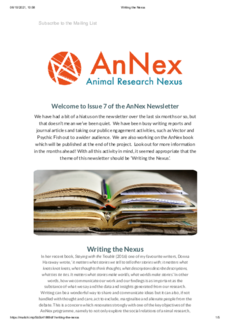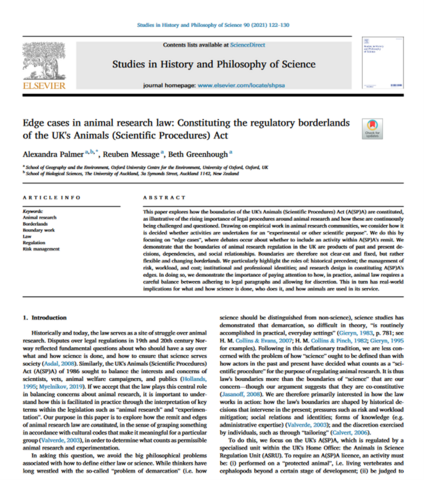Publications
This report describes the development, piloting and evaluation of a two-to-three hour training exercise that uses storytelling to reflect upon the culture of care in animal research establishments.
The global distribution of laboratory mouse strains is valued for ensuring the continuity, validity and accessibility of model organisms. Mouse strains are therefore assumed mobile and able to travel. In this paper, we draw on the concept of ‘animal mobilities’ (Hodgetts and Lorimer 2019) to explain how attending to laboratory mice as living animal, commodity and scientific tool is shaping how they are transported through contemporary scientific infrastructures and communities.
This paper explores what happens to care, and decisions about ending and extending life, when research animals become pets and pets become research animals. To do this, we draw on in- depth qualitative research on (i) rehoming of laboratory animals, (ii) veterinary clinical research, and (iii) the role of the Named Veterinary Surgeon (NVS) in UK animal research. Key contributions of our work include highlighting: how care roles can be split; the impor- tance of considering speculative and in-practice elements of care; the context-dependency and multiplicity of practices of killing in the veterinary clinic and laboratory; and the flexibility and changing nature of animal categories.
This article examines why early twenty-first century animal research governance in Britain foregrounds the ‘culture of care’ as its key problem. It adopts a historical perspective to understand why the regulation of animal research became primarily a problem of ‘culture’, a term firmly associated with the social relations of animal research, at this time and not before.
This report contributes to a growing body of advice around how to involve people affected by health conditions in laboratory or biomedical research. It draws on work completed as part of the Animal Research Nexus Programme (2017-2023) and brings together our findings with resources to help people who might be involved in conversations around the use of animals in laboratory research in the UK.
With an established history of controversy in the UK, the use of animals in science continues to generate significant socio-ethical discussion. Here, the figure of ‘the public’ plays a key role. However, dominant imaginaries of ‘the public’ have significant methodological and ethical problems. Examining these, this paper critiques three ways in which ‘the public’ is currently constructed in relation to animal research; namely as un- or mis-informed; homogenous; and holding fixed and extractable views. In considering an alternative to such imaginaries, we turn to the Mass Observation Project (MOP), a national life-writing project in the UK.
The Mouse Exchange (Mx) is a curiosity-driven activity that explores the origins of laboratory mice through crafting and conversations. It forms part of the Public Engagement programme of the Animal Research Nexus. This MX toolkit provides guidance about the materials needed to set up a MX event and provides a guide to facilitators about how to hold conversations that meet the aims of the Mx.
Animal research remains a practice marked by controversy and moral dilemma. However, UK science-society dialogues on the issue are increasingly managed via one-way transmissions of information which construct publics as passive and attribute their concerns to a lack of ‘correct’ knowledge. Challenging such assumptions, this paper questions how and why people actively manage their interactions with animal research through entangled practices of knowing and caring. Based on an analysis of writing from the UK Mass Observation Project, this paper explores difficulties and discomforts associated with animal research which can cause strategic withdrawals from engagements with the topic. In doing so, it extends existing concepts of ‘uncomfortable knowledge’ (Rayner) and ‘strategic ignorance’ (McGoey) to develop novel concepts of ‘uncomfortable’ and ‘strategic’ care. Finally, in examining desires to respond to animal research, I engage with Haraway’s notion of ‘response-ability’ to introduce the concepts of ‘responsive caring’ and ‘responsive knowing’.
Writing the Nexus
Historically and today, the law serves as a site of struggle over animal research. The UK's Animals (Scientific Procedures) Act (A(SP)A) of 1986 sought to balance the interests and concerns of scientists, vets, animal welfare campaigners, and publics. If we accept that the law plays this central role in balancing concerns about animal research, it is important to understand how this is facilitated in practice through the interpretation of key terms within the legislation such as “animal research” and “experimentation”. Our purpose in this paper is to explore how the remit and edges of animal research law are constituted, in the sense of grasping something in accordance with cultural codes that make it meaningful for a particular group, in order to determine what counts as permissible animal research and experimentation.
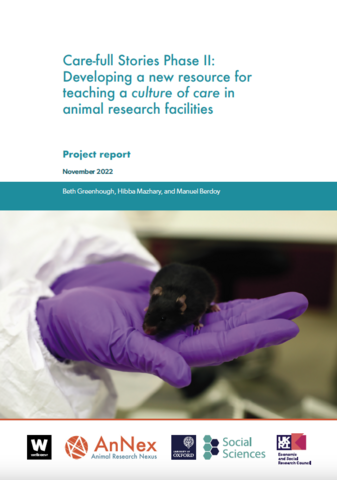
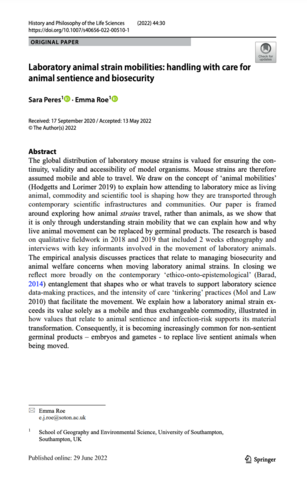
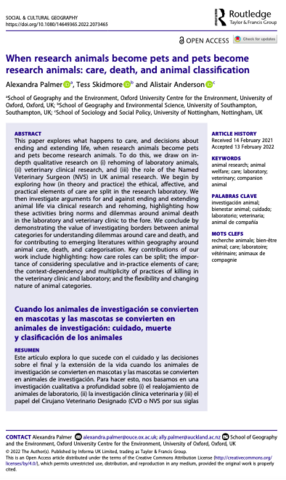
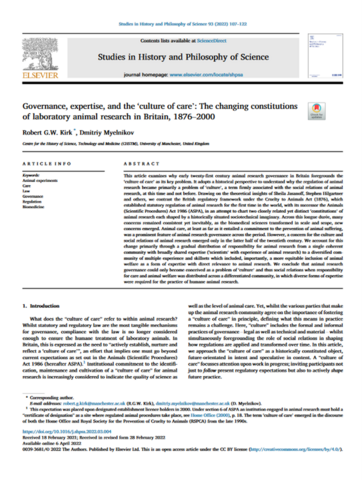
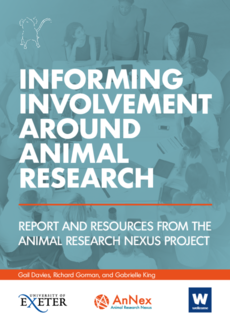
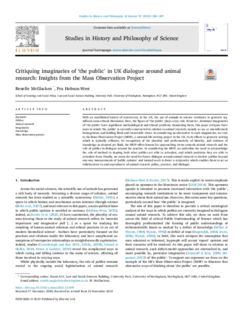
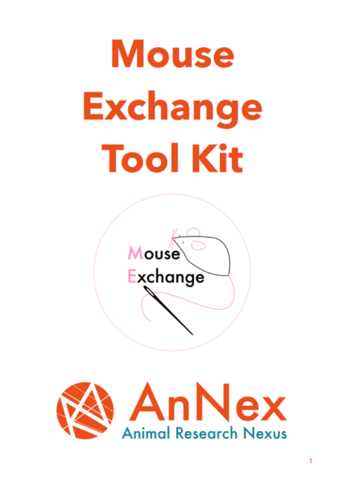
 Knowing and (Not) Caring About Animal Research_0.png%3Fitok=2jjq5NPu)
